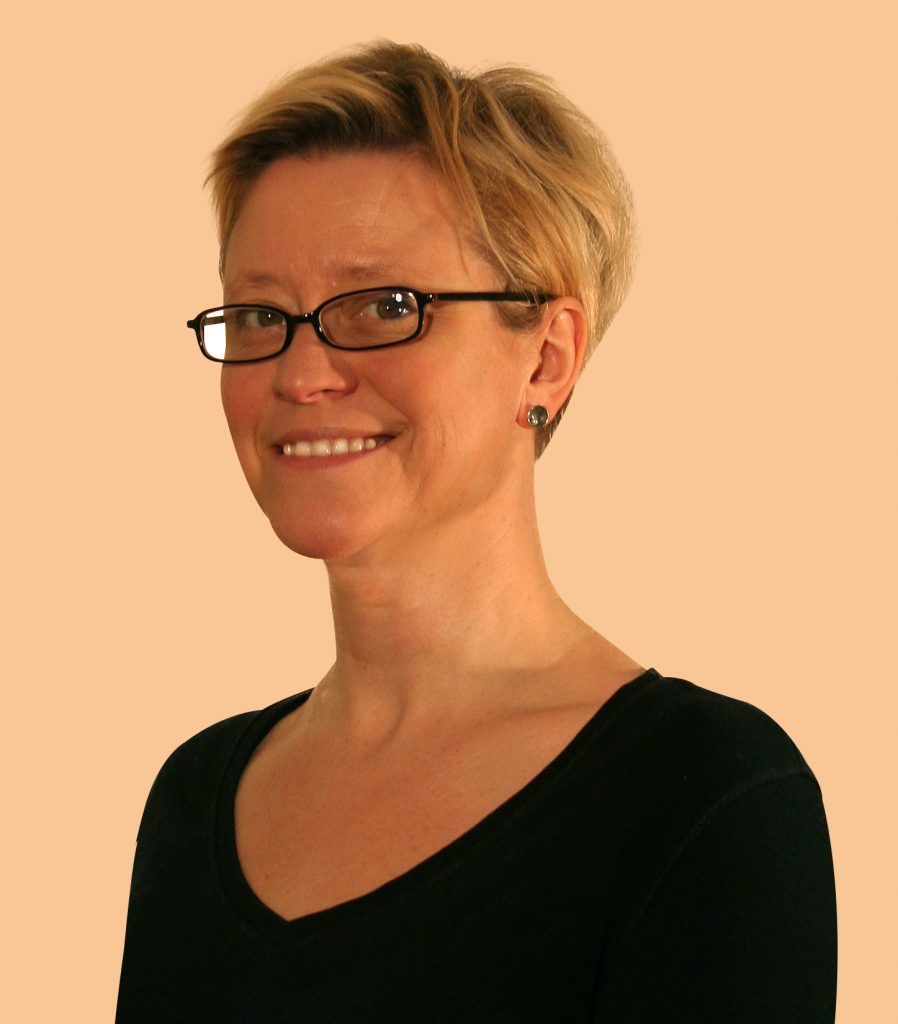
This week (as they say) I have mostly been cheering. And wearing a big, face-splitting grin.
That’s because after a 14-month journey, Santé-AF has finally received its full and final ethical approval from the London (Surrey) HRA Research Ethics Committee. Original ethics approval was received in November 2020, but when Lockdown #3 happened in January 2021, we decided to adjust a few parameters to cater for Covid-related eventualities – and that meant the study had to go back to Ethics again.
A 14-month Ethics journey is definitely not typical, of course. Covid has delayed things considerably – the original submission to the REC went in just a couple of days before the start of Lockdown #1, and even if we’d got approval straight away we wouldn’t have been able to start the trial at that point.
But now we have a green light from Ethics and the study is in set-up phase: a stage characterised by endless tiny queries about who does what, when, how and why. At this stage I’m working with two very important sources of support – first, the Study Support Service at the Yorkshire & Humber Clinical Research Network (CRN); and second, the R&D Manager at the Vale of York Clinical Commissioning Group (CCG). Both are helping us to find answers to some tricky technical questions!

The list of queries is long because the study is a slightly unusual shape. Normally a clinical trial with medical interventions gets delivered entirely within the NHS, but for Santé-AF we’re doing something a bit different from the norm. We’re recruiting our participants through primary care – since atrial fibrillation is mostly dealt with in primary care – and then sending them outside the NHS to private practitioners of acupuncture and nutritional therapy. So the trial is part inside, and part outside, the NHS. Because of this, some of the normal protocols and procedures either have to be adapted or don’t apply at all, and then there are some extra things that need to happen in addition to the usual procedures… the CRN/R&D lead at the CCG are the definitive sources of advice on all of those areas.
It’s definitely not the most glamorous aspect of a trial. It’s a bit akin to digging the foundations before you start to build the house – there’s nothing to see except a big muddy hole in the ground, but in reality if you didn’t do this stage properly the house would fall down. I have to say too that it appeals to the nitpicking attention-to-detail part of me – there’s a satisfaction in taking the time to follow up all these queries, complete all the documents and tick all the boxes on the study set-up checklist.
I’m also very pleased to be able to shine a (green) light on the often unsung heroes of the Clinical Research Network and the research arm of the local CCG, who are steadfast companions when you’re digging in the dirt!
